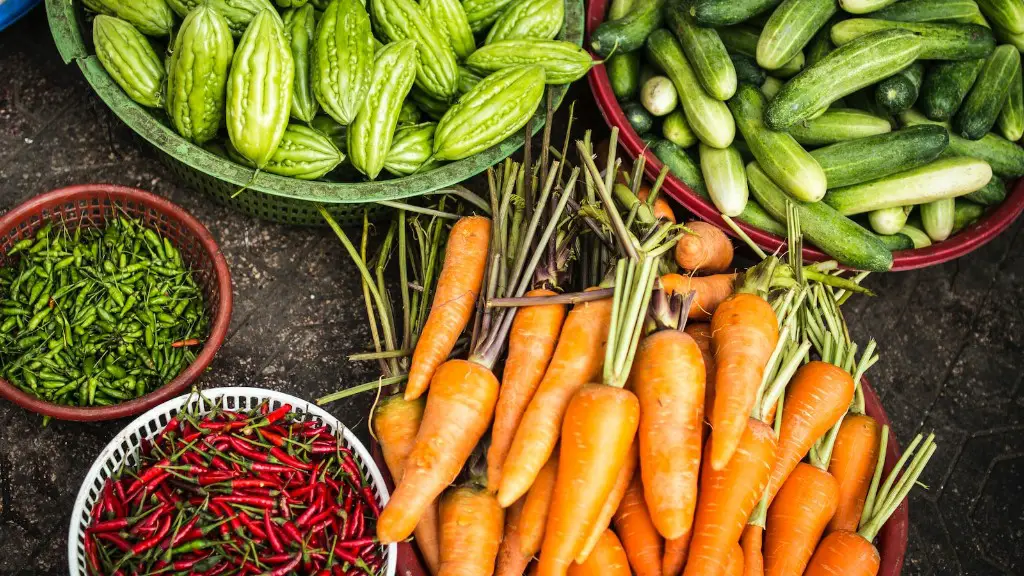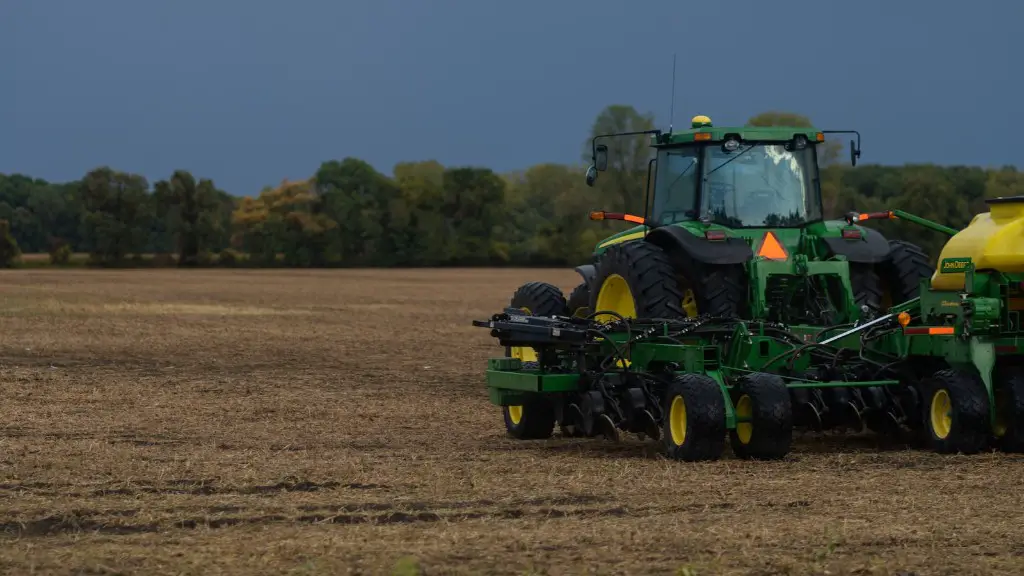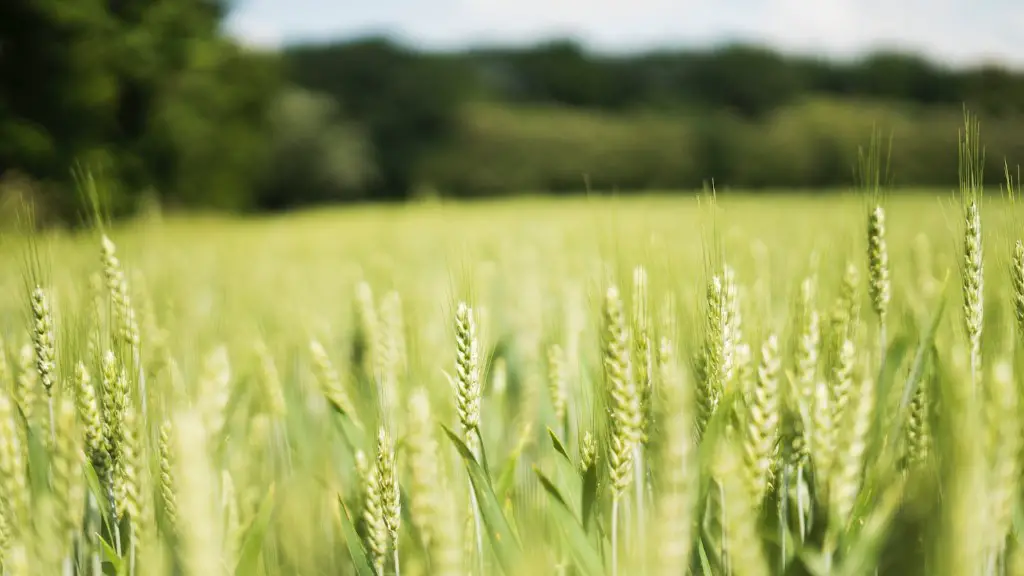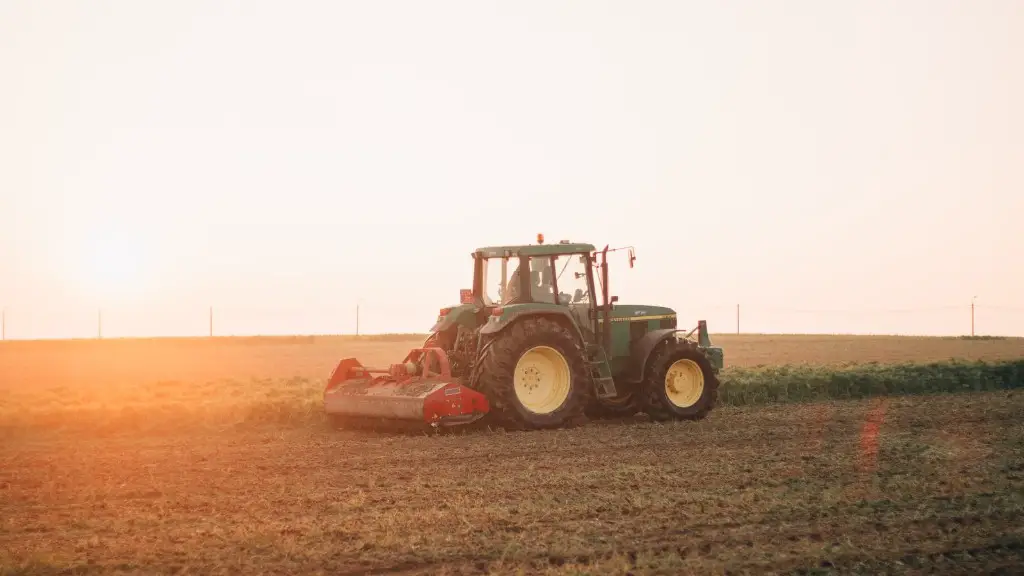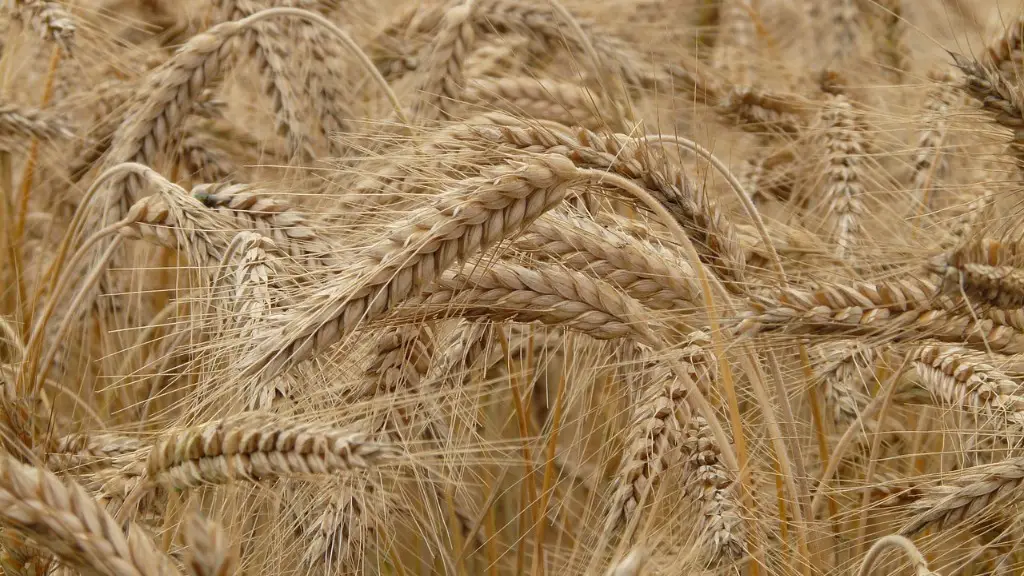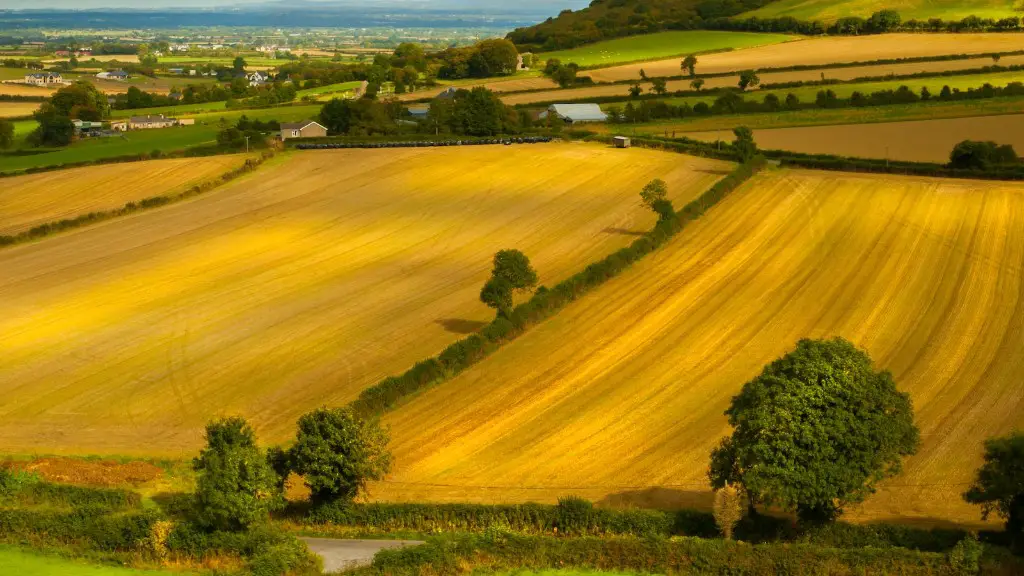There are many steps that go into becoming a precision agriculture technician. The first step is to have a high school diploma or equivalent. Many precision agriculture technicians have a two-year degree in agriculture, although it is not required. The next step is to complete an accredited training program. Many community colleges offer such programs. Finally, certification from the National precision Agriculture Certification Program is recommended, but not required.
There is no one-size-fits-all answer to this question, as the best way to become a precision agriculture technician may vary depending on your qualifications and experience. However, some tips on how to become a precision agriculture technician include studying agriculture or a related field, gaining experience with precision agriculture equipment and technology, and becoming certified through a professional organization such as the American Society of Agronomy.
What is precision agriculture technician?
Precision agriculture is a type of farming that uses technology to improve the efficiency and precision of agricultural growth. This can include things like data analysis, through many technologies and maps, to improve the efficiency and precision of agricultural growth pertaining to items such as soil, irrigation, fertilization, and pest control.
Precision agriculture specialists are experts in the use of precision technologies to improve agricultural productivity. They work with growers to implement precision technologies on their farms, including grid and contour differential global positioning systems for soil sampling, and develop informational and recommendation maps. In doing so, they help growers to optimize their use of resources and increase their yields.
What skills do you need to be an agricultural technician
Agricultural and food science technicians typically need an associate’s degree in biology, chemistry, crop or animal science, or a related field. Some positions require candidates to have a bachelor’s degree, and others a high school diploma or equivalent plus related work experience.
Precision farming and precision agriculture are both terms used to describe the process of using technology to improve the efficiency of agricultural production. The main difference between the two terms is that precision farming is more focused on the use of technology to improve farm management, while precision agriculture is more focused on the use of technology to improve crop production.
What qualifications do you need to be an agricultural mechanic?
If you’re interested in working in the agricultural industry, there are a few different educational pathways you can pursue. You can do a Level 2 or Level 3 Diploma in Land-Based Technology or Land-Based Service Engineering at an agricultural college. Alternatively, you could do a T Level in Agriculture, Land Management and Production. Whichever route you choose, you’ll gain the skills and knowledge you need to be successful in this growing field.
The equipment required for these operations include a vehicle equipped with a GPS receiver and a field computer for soil sampling, a computer with mapping software and a variable-rate applicator for fertilizers and lime. This equipment is necessary in order to accurately map the field, take soil samples and apply the correct amount of fertilizer or lime.
What is a disadvantage to precision agriculture?
The adoption of precision agriculture technology has been slow due to the fragmented development across many industry bodies. Standardizing technology across these platforms will be a big challenge in the future.
4R Nutrient Stewardship is a manure management model that emphasizes sustainability with a simple, but universal and complete, message: apply the right source at the right rate, at the right time, and in the right place.
Is precision agriculture the same as digital agriculture
Digital Agriculture is the application of digital technologies to all aspects of the agricultural value chain, from farm management to agronomy, food tracing and logistics.
Digital agriculture encompasses a wide range of applications and tools, from GPS-based precision farming tools to drones and driverless tractors, to mobile apps and software that helps farmers manage their crops and soil health.
Digital agriculture is often referred to as “precision agriculture” or “smart farming”, as it relies on precise data and analytics to improve yields and efficiency.
Precision agriculture is a approach to farm management that uses information technology (IT) to gather data about the crops and soil. This data is then analyzed to make decisions about seed selection, fertilizer use, irrigation, and other farm management practices.
Smart farming is an emerging concept that uses digital technologies to optimize the way crops are grown. This includes using sensors and data analytics to monitor crops and soil health, as well as using precision farming techniques to optimize irrigation, fertilization, and other agronomic practices.
Digital agriculture is still in its early stages, and there is much potential for further development and adoption of new technologies.
ND and HND programmes are vocational programmes that provide students with the skills and knowledge needed for a specific trade or profession. The programmes are offered by polytechnics and other institutions of higher education.
What is the best career in agriculture?
The agricultural industry is huge and offers many different career paths. If you’re interested in a career in agriculture, you may want to consider becoming an agricultural engineer, agricultural economist, farm manager, soil and plant scientist, conservation planner, or agricultural salesperson. All of these careers offer different opportunities to learn about and work with different aspects of agriculture. No matter which career you choose, you can be sure that you’ll be playing a vital role in keeping the world fed and healthy.
The agricultural industry offers a wide variety of jobs for those with a passion for working with plants and animals. From farm workers and growers to grain elevator operators and agricultural equipment technicians, there are many options for those looking to pursue a career in agriculture. Purchasing agents and warehouse managers play an important role in keeping the agricultural industry running smoothly, and agriculture specialists and sales representatives are essential for promoting and selling products.
Is precision agriculture worth it
Precision farming tools and technologies can help farmers create more efficient and effective fertilizer plans that can reduce the potential for environmental degradation. In many cases, these tools and technologies can also help farmers lower costs by more efficiently using fertilizer inputs.
Corn is the largest crop grown in the United States in terms of total production. The majority of corn is grown in a region known as the Corn Belt. Soybeans are the second largest crop grown in the United States.
What is another name for precision agriculture?
Precision agriculture is a new method of crop management that uses satellites to map and monitor field conditions. farmers can use this information to more accurately target their field operations, such as planting, fertilizer applications, and crop monitoring. This results in more efficient use of inputs, less waste, and improved crop yields.
The highest paying jobs in agriculture are agricultural engineer, agronomist, agricultural food scientist, veterinarian, winemaker, farm manager, and agricultural sales representative.
Is it hard to get a job in agriculture
If you’re interested in a career in agriculture, there are a few things you should keep in mind. First, the opportunities in this field are truly boundless – there’s a career path for everyone, whether you’re interested in working with animals, crops, or even in the business side of things. Second, it’s important to start exploring your options early on, so that you can find the right path for you. There are a lot of resources out there to help you, so don’t be afraid to ask for help or look for advice from others in the field. Lastly, don’t forget that a career in agriculture can be hugely rewarding, both personally and professionally. If you’re passionate about this field, there’s no doubt that you’ll find success.
To become an agronomist, you will need to obtain a bachelor’s or master’s degree in agronomy or a related field. In addition, it is advised that you receive and maintain your Certified Crop Advisor (CCA) certification. With these credentials, you will be prepared to provide advice and assistance to farmers and other agricultural professionals in order to help optimize crop production and yield.
Conclusion
There is no one-size-fits-all answer to this question, as the best way to become a precision agriculture technician may vary depending on your qualifications and experience. However, some tips on how to become a precision agriculture technician include studying precision agriculture or related subjects at a college or university, working in a farm or agricultural environment to gain experience, or undertaking training courses offered by agricultural equipment manufacturers or precision agricultural service providers.
In order to become a precision agriculture technician, it is important to have a strong background in agriculture. It is also helpful to be familiar with computer applications and have strong problem solving skills. Additionally, precision agriculture technicians need to be able to effectively communicate with farmers and other agricultural professionals.
